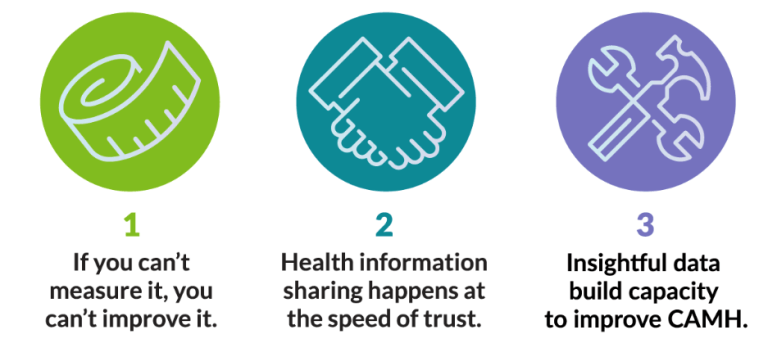Integrated data system fosters collaboration across public agencies in South Carolina
South Carolina created an integrated data system (IDS) combining data from more than 20 state agencies and programs
at a glance
State agencies and programs generate a great deal of data; however, these data are typically maintained in siloed databases that do not allow for the exchange or use of data across agencies and programs.
As a result, agencies are limited in their ability to use data from multiple sources to make informed decisions that promote and protect public health. South Carolina Revenue and Fiscal Affairs (RFA) has addressed their data sharing challenge through the creation of an integrated data system (IDS), which combines data from more than 20 state agencies and programs. The data from the IDS are currently being used to support data-driven work that enhances program outcomes and policy initiatives across South Carolina.

Public health challenge
In any given state, data that are valuable for monitoring and improving public health are gathered by numerous agencies for many purposes. For example, the state health department gathers data to assess and respond to public health issues while the education department gathers data to monitor and improve student outcomes.
At the same time, there are various state programs and initiatives (e.g., Medicaid program, all-payer health claims database) that generate data that could also be used to monitor and improve public health. Unfortunately, individual agencies with siloed databases typically maintain the data generated by these various state programs and initiatives in a way that does not allow for the exchange or use of data across agencies. As a result, agencies have a limited ability to use data from multiple sources to take informed actions that promote and protect public health.

APPROACH
South Carolina addressed their data sharing challenges through the creation of an integrated data system (IDS). While the IDS now provides a modern approach to data exchange, the vision for the IDS is attributable to Walter “Pete” Bailey, an accomplished statistician who Governor John West hired in the 1970s to develop a health statistics section within the South Carolina state government to inform policy across the state. About 20 years later, the South Carolina Budget and Control Board, Office of Research and Statistics (ORS), received a grant from the Robert Wood Johnson Foundation to link patient and client data with administrative data to gain a deeper understanding of what was happening within the health care sector.1 This grant enabled ORS staff to link data from various South Carolina agencies and programs with a new level of reliability. It also allowed them to demonstrate to each state agency and program how their data and outcomes were tied to other data and outcomes across other agencies. Ultimately, the grant gave ORS staff the opportunity to convene partners across a wide array of agencies and the resources to complete the initial demonstrations of the IDS.
Today, the IDS is housed within the South Carolina Revenue and Fiscal Affairs (RFA) Office and supports work on a variety of integrated data projects to promote data-informed policies and decisions. The system brings together data from over 20 state agencies and other organizations (see Figure 1 below). Data related to child and adolescent mental health (CAMH)–including those related to kindergarten readiness,2 school attendance3 and disciplinary actions4–are provided by the South Carolina Department of Education.

When a researcher or member of a state agency or program want to access data from the IDS, they contact an RFA staff member to discuss the reason for the data request, the type(s) of data being requested and how the data will be used. If the data request is approved by the data owner, RFA works closely with the data requester to fulfill the data request. Ultimately, the data in the IDS are used by other South Carolina agencies and organizations and external researchers to support data driven work that enhances program outcomes and policy initiatives across the state.

impact
Through its work and use of the IDS, RFA staff have helped many state agencies and organizations by sharing data that have been used to monitor program outcomes, support proposals for additional resources and/or enhance program success. For example, RFA staff used data from the IDS to help the state’s Supplemental Nutrition Assistance Program (SNAP) to identify individuals who are eligible for–but not yet enrolled in–other social service programs such as Medicaid. In another situation, RFA staff worked closely with a nonprofit hospital to make the necessary data linkages to demonstrate the impact the hospital’s programs made across the state. The staff identified patients participating in the program and found that emergency department usage decreased after being in the program impacting hospital costs. The IDS also adds value to South Carolina colleges and universities, who regularly request letters of support and other documentation to demonstrate the state’s ability to provide robust data from linked data systems across the state and provide an important component to academic and programmatic research.
WHAT'S NEXT?
In the future, there is an intention to enhance the IDS even more by supporting the collection and use of longitudinal data that can further support the needs of agencies, programs and individuals across South Carolina. For example, RFA staff are currently focusing on enhancing access to early childhood data. Once linked with data from kindergarten through high school, and higher education, businesses and industries may be able to assess the extent to which schools are adequately preparing South Carolinians to enjoy healthy and productive lives.
RESOURCES
Sarah Crawford, Project Manager, SC Revenue and Fiscal Affairs Office Sarah.Crawford@rfa.SC.gov
